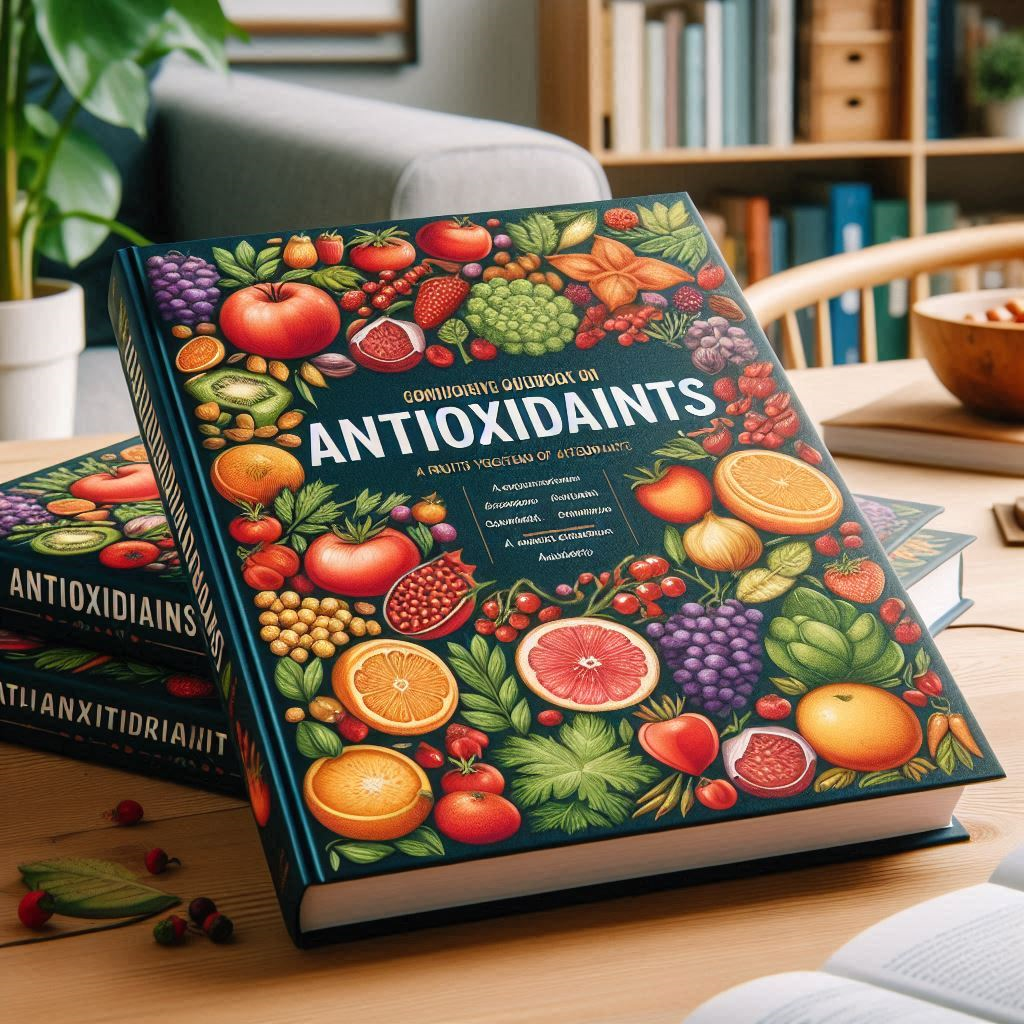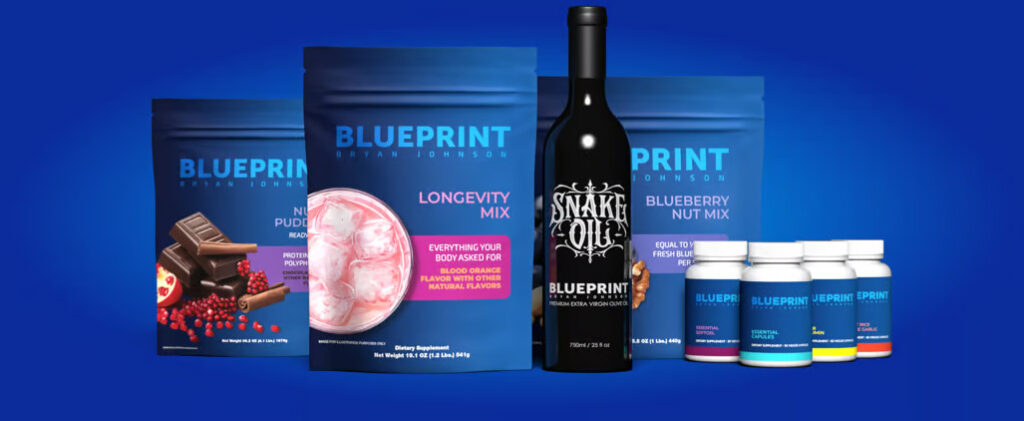
Antioxidants are essential compounds that play a crucial role in maintaining health and preventing chronic diseases. But what exactly are they, and how do they work? Let’s dive into the world of antioxidants to understand their benefits and sources.
What Are Antioxidants?
Antioxidants are molecules that fight free radicals in your body. Free radicals are unstable atoms that can damage cells, leading to aging and diseases like cancer. By neutralizing free radicals, antioxidants help protect your body from oxidative stress and its harmful effects.
How Do Antioxidants Work?
Free radicals are produced naturally in the body as a byproduct of metabolism. They can also be generated by external factors like pollution, UV radiation, and smoking. When free radicals accumulate, they can cause oxidative stress, which damages cells and contributes to aging and various diseases.
Antioxidants neutralize free radicals by donating an electron, thereby stabilizing them and preventing cell damage. This process helps maintain the balance between free radicals and antioxidants in the body, reducing oxidative stress.
Types of Antioxidants
There are several types of antioxidants, each with its unique role and benefits. Some of the most common types include:
1. Vitamins
- Vitamin C: Found in fruits like oranges, strawberries, and kiwi, as well as vegetables like bell peppers and broccoli. It helps boost the immune system and protects against oxidative stress.
- Vitamin E: Found in nuts, seeds, and green leafy vegetables. It helps protect cell membranes from damage.
2. Carotenoids
- Beta-Carotene: Found in carrots, sweet potatoes, and spinach. It is converted into vitamin A in the body and helps maintain healthy skin and vision.
- Lycopene: Found in tomatoes, watermelon, and pink grapefruit. It helps protect against certain types of cancer, particularly prostate cancer.
3. Flavonoids
- Quercetin: Found in apples, onions, and berries. It has anti-inflammatory and antihistamine properties.
- Catechins: Found in green tea and cocoa. They help improve heart health and reduce the risk of chronic diseases.
4. Polyphenols
- Resveratrol: Found in red wine, grapes, and berries. It has anti-aging properties and supports heart health.
- Curcumin: Found in turmeric. It has powerful anti-inflammatory and antioxidant effects.
5. Minerals
- Selenium: Found in Brazil nuts, seafood, and eggs. It helps protect against oxidative stress and supports thyroid function.
- Zinc: Found in meat, shellfish, and legumes. It supports immune function and helps protect cells from oxidative damage.
Benefits of Antioxidants
1. Protects Against Chronic Diseases
Antioxidants help reduce the risk of chronic diseases like heart disease, cancer, and diabetes by neutralizing free radicals and preventing cell damage. Read more about antioxidants and cancer prevention.
2. Supports Immune Function
Antioxidants like vitamin C and vitamin E boost the immune system, helping the body fight off infections and illnesses. Read: 5 Vitamins That Are Best for Boosting Your Immunity.
3. Reduces Inflammation
Antioxidants have anti-inflammatory properties that help reduce inflammation and prevent chronic inflammatory conditions like arthritis.
4. Promotes Healthy Aging
By protecting cells from oxidative damage, antioxidants can help slow down the aging process and maintain youthful skin and overall health.
5. Improves Heart Health
Antioxidants like flavonoids and polyphenols support heart health by reducing oxidative stress, improving blood vessel function, and lowering blood pressure.
Sources of Antioxidants
1. Fruits and Vegetables
Fruits and vegetables are some of the richest sources of antioxidants. Aim to include a variety of colorful fruits and vegetables in your diet, such as berries, citrus fruits, leafy greens, and cruciferous vegetables.
2. Nuts and Seeds
Nuts and seeds, such as almonds, walnuts, and sunflower seeds, are packed with antioxidants and healthy fats.
3. Whole Grains
Whole grains like oats, quinoa, and brown rice are excellent sources of antioxidants and fiber.
4. Beverages
Certain beverages like green tea, coffee, and red wine (in moderation) contain high levels of antioxidants.
5. Spices and Herbs
Spices and herbs like turmeric, ginger, and cinnamon are potent sources of antioxidants and can be easily incorporated into your diet.
Conclusion
Antioxidants play a vital role in protecting your body from oxidative stress and its associated health risks. By including a variety of antioxidant-rich foods in your diet, you can support your overall health and reduce the risk of chronic diseases. Remember, a balanced diet with a wide range of colorful fruits, vegetables, nuts, seeds, whole grains, and spices is key to maximizing your antioxidant intake.

